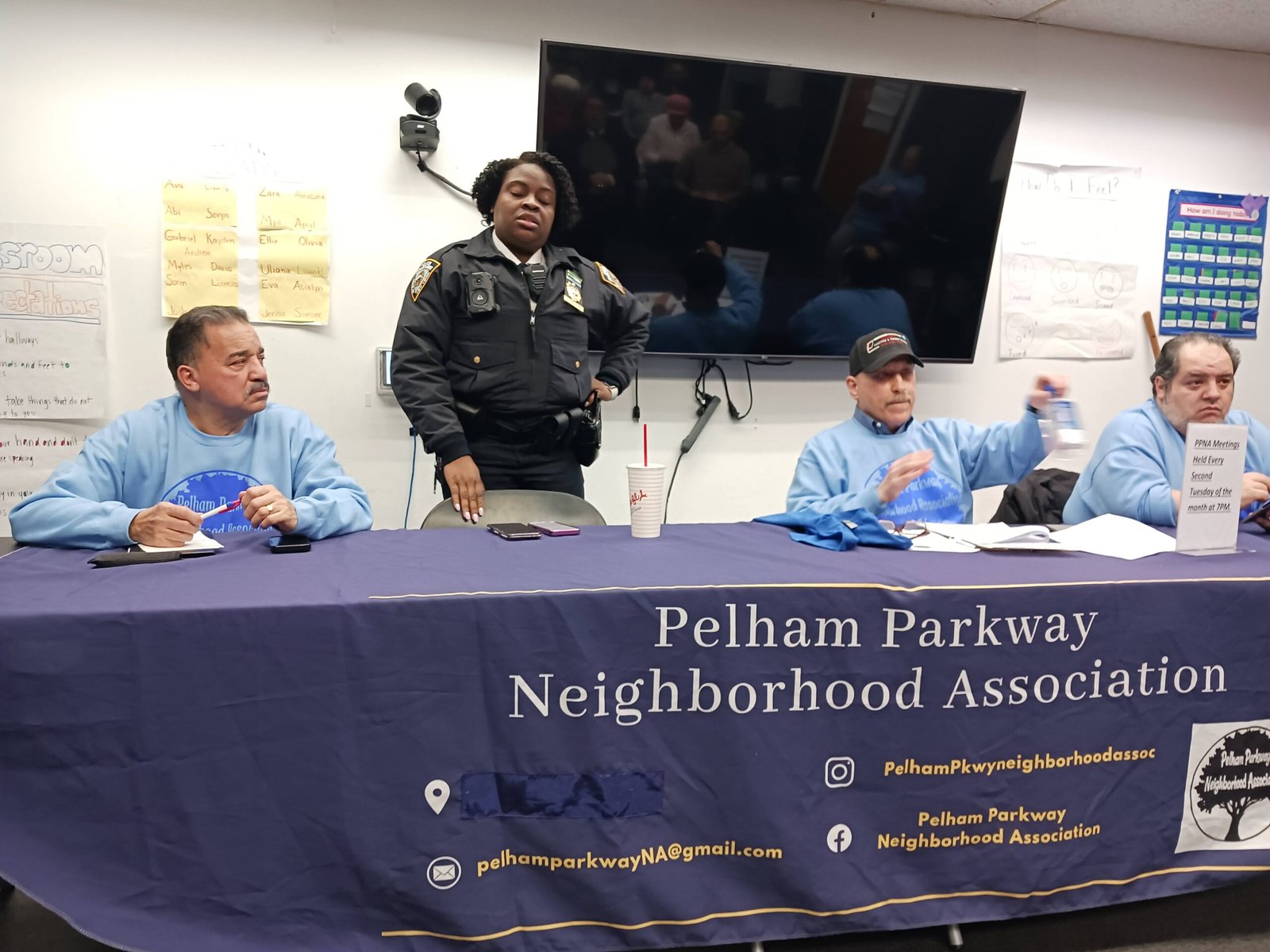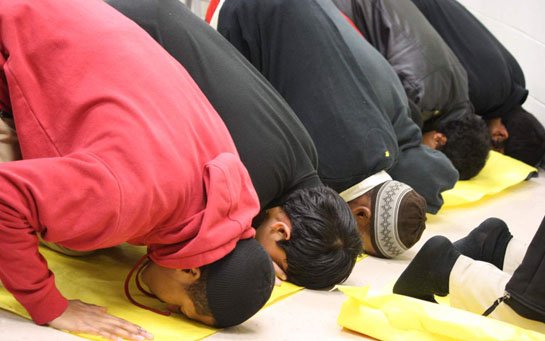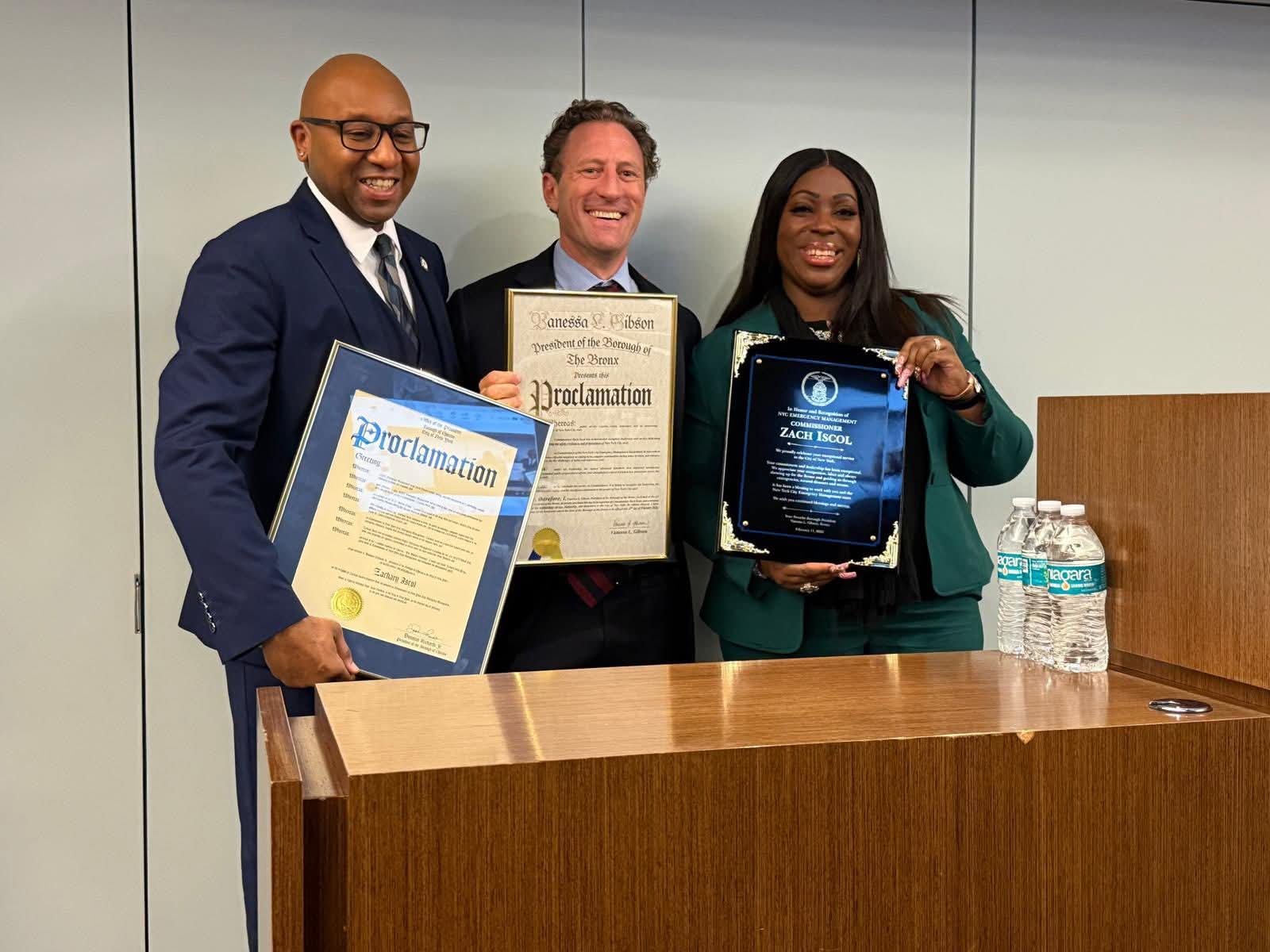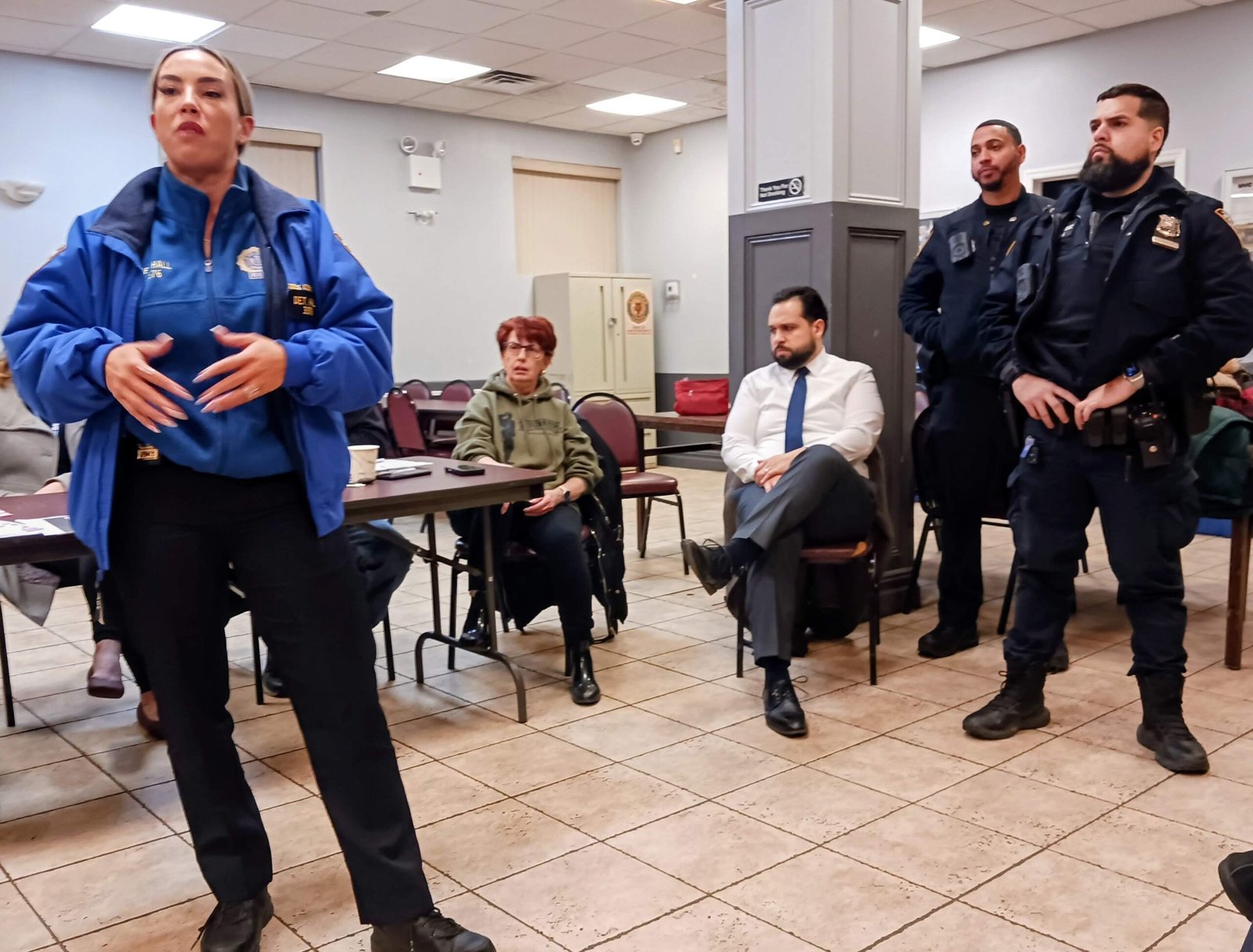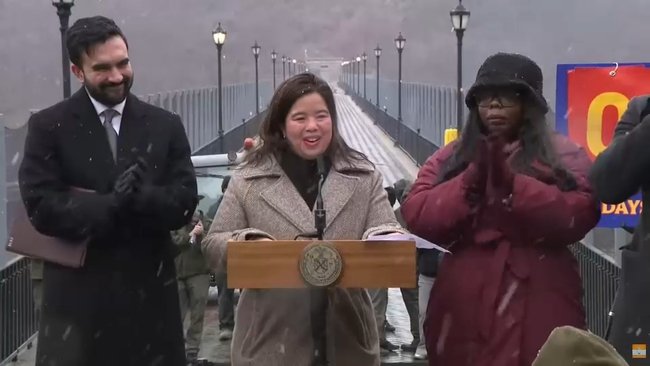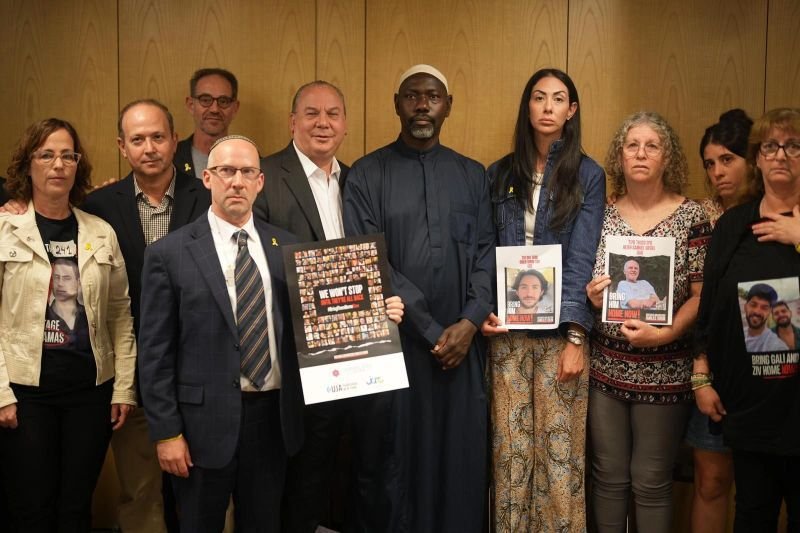
In a powerful moment of reconciliation and solidarity, nine Israeli civilians who were abducted by Hamas and later released will visit New York City next week for an unprecedented interfaith gathering with Muslim leaders and civic stakeholders.
The meeting, scheduled for Wednesday, April 9, is being hailed as a deeply emotional and historic occasion that brings together survivors of unimaginable trauma with religious and civic leaders committed to healing, peace, and dialogue.
Following the brutal Hamas-led attacks on October 7th, which devastated Israeli communities like Kfar Aza near Gaza, the emotional scars remain fresh.
“Homes in communities like Kfar Aza were left bloodstained and devastated,” said one of the hosts of the upcoming event. “My wife and I were among the first international visitors to witness the aftermath firsthand. We walked through shattered homes that once echoed with laughter and family life. What we saw was a horrifying reminder of the human cost of violence—something the world continues to grapple with to this day.”
Despite the pain, the visit is underscored by resilience and hope.
“Israelis, known for their resilience, were visibly shaken to their core. Yet in every face—from public servants to community leaders—we saw a nation united in its determination to survive and heal. That spirit continues to shine, and next week’s meeting is a testament to it.”
The former hostages, now symbols of survival and strength, personally requested to meet with the couple who visited the war-torn region. “They have personally requested to meet with my wife and me during their visit—a request we are both humbled and proud to fulfill,” the statement continued.
Central to this event is the participation of a broad coalition of interfaith leaders—Muslims, Jews, Christians, and others—standing together for peace, understanding, and compassion.
“This gathering is not just a meeting—it is a movement toward healing,” said Sheikh Musa Drammeh, President of Muslims Israel Dialogue. “It is about showing the world that even after tragedy, humanity can choose unity over division, and compassion over hatred.”
He added, “When victims of terror meet with those from different faiths, especially Muslims, it sends a powerful message that we are united in our rejection of violence, and in our pursuit of peace.”
Organizers say the event holds significant public interest and hope it draws thoughtful media coverage, given its powerful message of reconciliation and solidarity in a fractured world.



